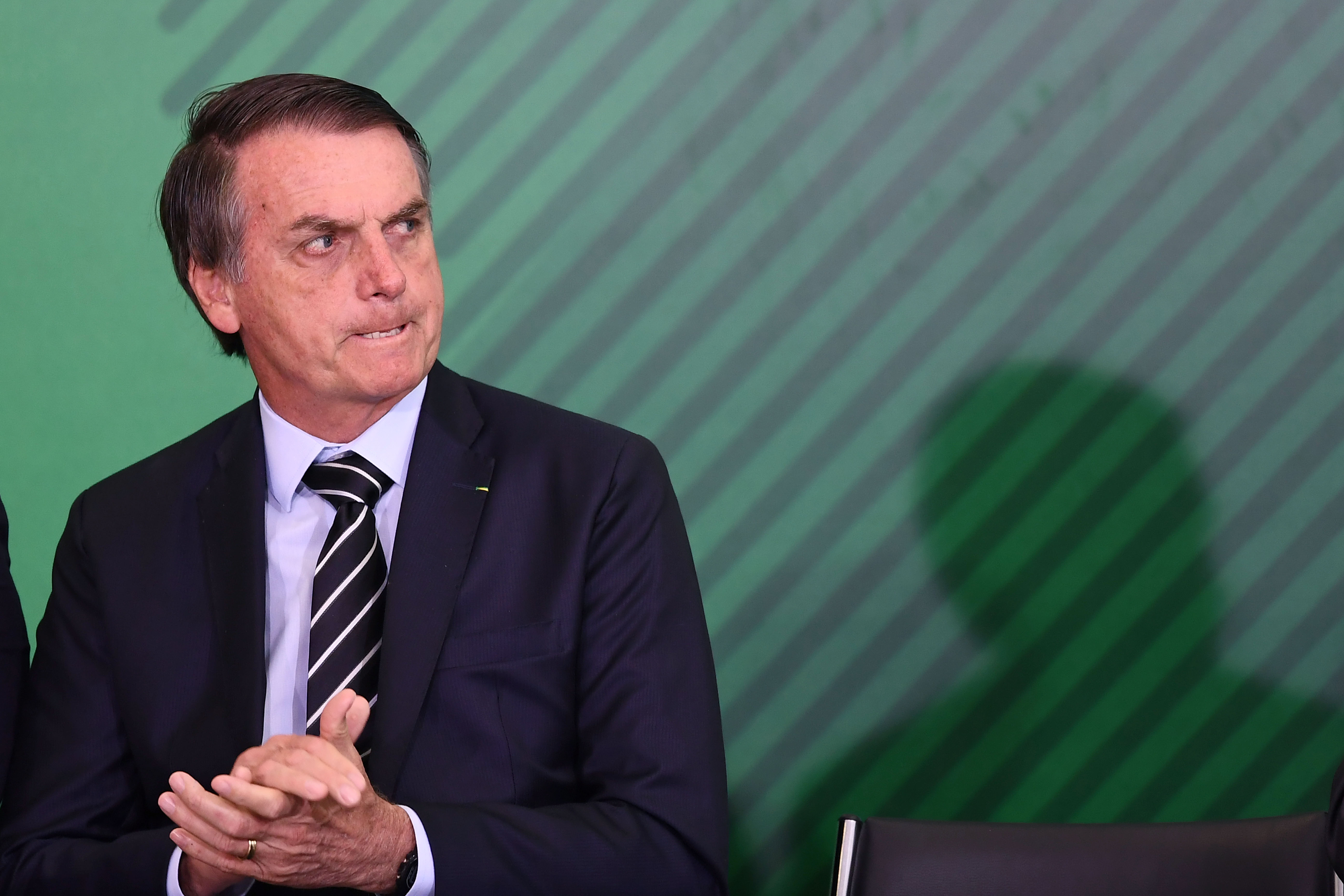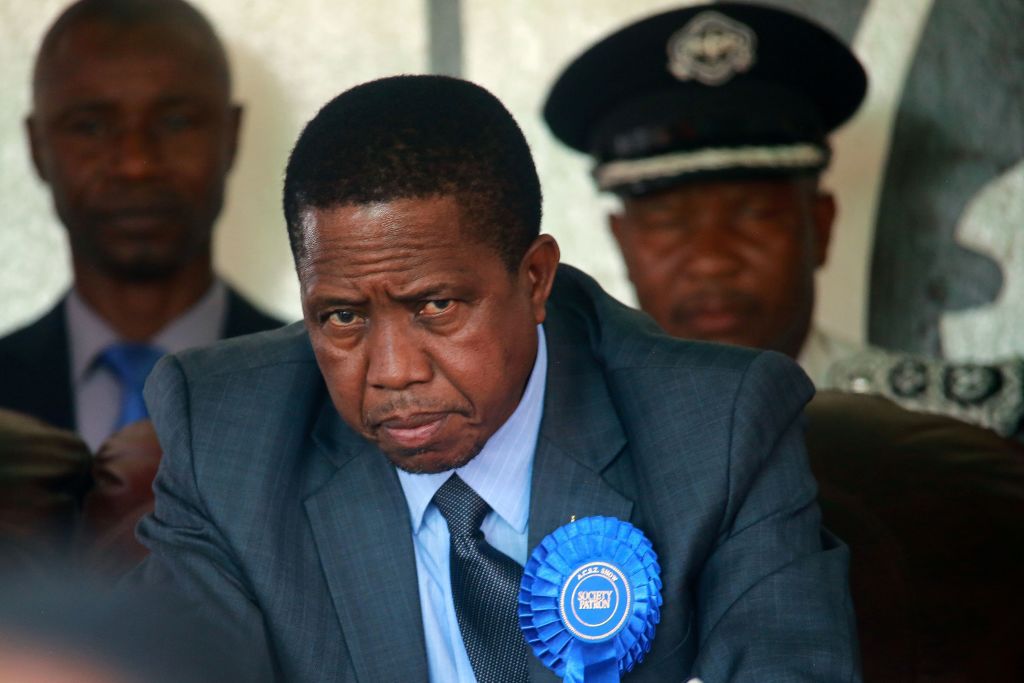Indian State Bans Unnecessary Surgery on Intersex Children
India’s Tamil Nadu state government has issued an executive order banning medically unnecessary surgeries on children born with intersex variations.
“Intersex,” sometimes called “differences of sex development” in medical literature, refers to the estimated 1.7 percent of people born with sex characteristics – such as chromosomes, gonads, or genitals – that differ from social expectations of female or male. Except in very rare cases when the child cannot urinate or internal organs are exposed, these variations are medically benign natural variations of human anatomy, and do not require surgery.
But in the 1960s, surgeons in the United States popularized “normalizing” cosmetic operations on intersex children, such as procedures to reduce the size of the clitoris. These types of surgeries have since become common globally. United Nations human rights treaty bodies have condemned the operations 40 times since 2011.
The Tamil Nadu order comes in response to an April court judgment prohibiting “normalizing” surgeries until the patient is old enough to consent.
For decades, intersex advocates around the world have asked governments and the medical community to develop standards to defer surgical procedures until the patient can consent. But medical organizations have largely been unwilling to engage on the issue.
In Tamil Nadu, the Indian Association of Pediatric Surgeons said the government must exclude intersex-related surgeries from the ban – effectively opposing the ban, which the government has so far ignored. While the order is promising, there’s still a long way to go to ensure the rights of intersex people.
The order bans genital surgeries except in “life-threatening situations,” and warns against surgeons deliberately misinterpreting that clause to continue performing medically unnecessary operations. A committee will be created to define this threshold.
Two seats on the committee are reserved for doctors, while one is for a “social worker/psychology worker/intersex activist,” and the other for a government representative. Given the lack of a guarantee that an intersex person will be present, the committee should avoid falling into the trap of ignoring intersex voices in favor of medical authority.
Tamil Nadu has stepped out as a leader in respecting informed consent rights of intersex people. Their next steps should create a policy based on medical evidence and human rights.


